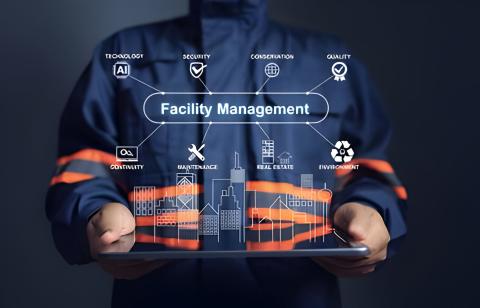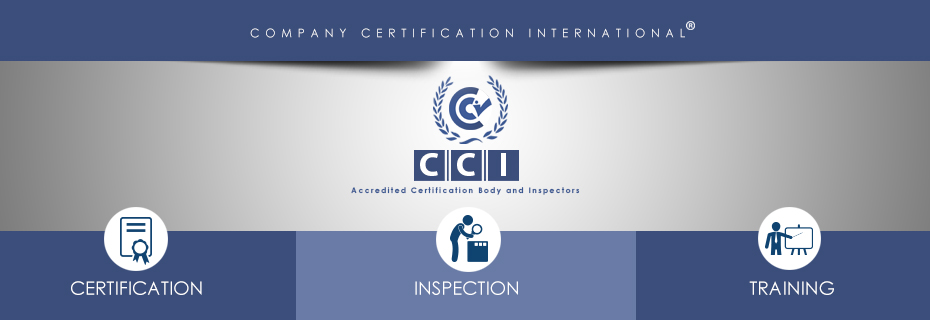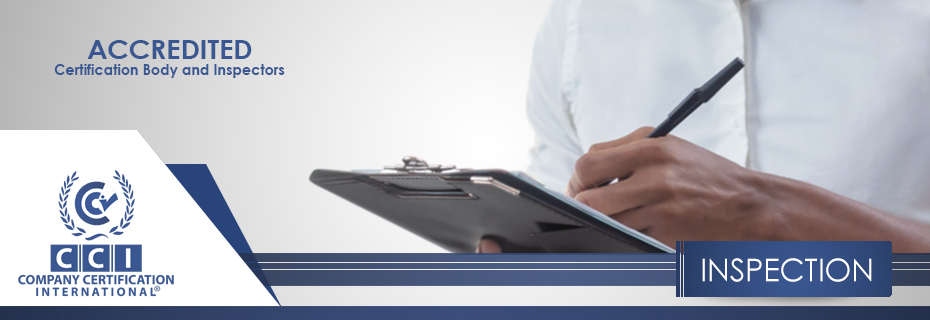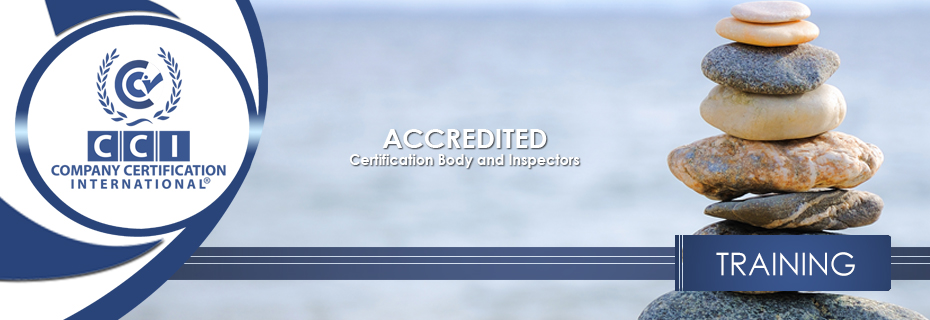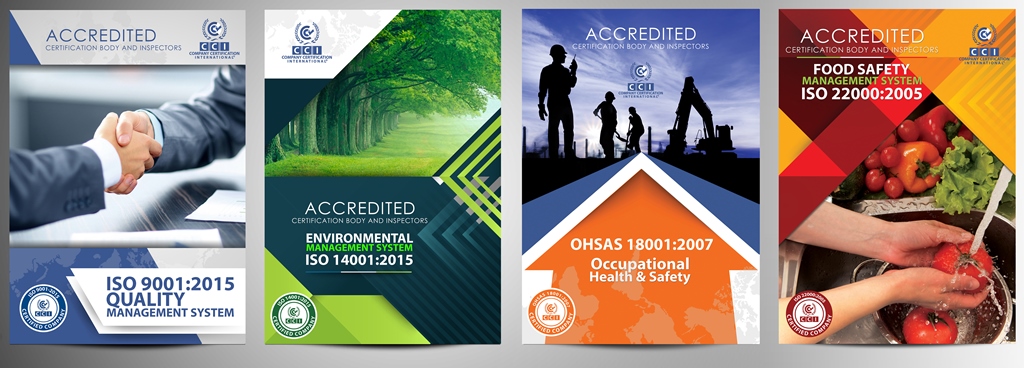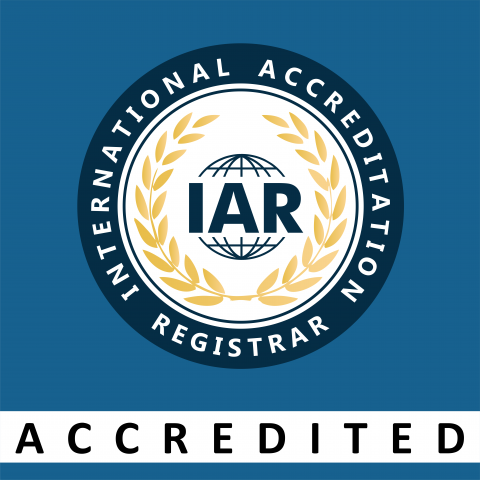ISO 41001 Standard
Discover ISO 41001 Certification
ISO 41001:2018 stands as the inaugural standard for Facility Management (FM) Systems, issued by the International Organization for Standardization (ISO). Last revised in 2018, ISO 41001 offers a structured framework, adhering to Annex SL guidelines, to implement a globally recognized and efficient Facility Management System within an organization. Acting as a yardstick for service consistency and capability, ISO 41001 is pivotal in assessing the efficiency of FM.
The primary objective of a Facility Management System is to seamlessly integrate people, processes, locations, and procedures to enhance the quality of life for all stakeholders, thereby facilitating continual improvement for businesses.
Is ISO 41001 Certification Suitable for Me?
Organizations of any size, sector, or geographical location can pursue ISO 41001:2018 to enhance their operational processes. The well-being of staff and management hinges on the quality of the facilities management system.
Why is ISO 41001:2018 Certification Crucial?
The structured framework of ISO 41001:2018 prepares organizations to tackle forthcoming challenges and opportunities. Currently, the facility management landscape is rife with unorganized players; thus, attaining ISO 41001:2018 certification for your FM systems showcases their effectiveness and efficiency, aligning with your organizational objectives.
Ensuring your organization's sustainability in a fiercely competitive market can be achieved through ISO 41001:2018 certification.
With organizational processes growing increasingly complex, effective facility management has become imperative. Utilizing a uniform standard significantly eases the management of multiple processes.
Facility management is a burgeoning sector witnessing rapid and sustained growth. Here's why ISO 41001:2018 was introduced for FM systems:
Economic: In some countries, the Facility Management sector contributes up to 6-7% of the GDP. Social: It fosters healthy and safe living environments, crucial for employee well-being and future workforce experience. In today's landscape, prospective employees prioritize well-managed infrastructure with minimal greenhouse gas emissions. Therefore, FM systems instill confidence in them.
Focus Areas for ISO 41001:2018 Implementation:
EHS (Environment, Health, and Safety) Fire Safety Security Maintenance, Testing, and Inspections Cleaning Operations Space Allocation and Changes Business Continuity Planning Continuous Monitoring and Regular Audits Corrective Action and Continual Improvement
Benefits of Attaining ISO 41001 Certification:
ISO 41001's core objectives yield several benefits, including:
Enhanced safety and well-being of the workforce, translating to improved productivity. Streamlined communication between private and public sector organizations regarding requirements and methodologies. Cost benefits stemming from improved effectiveness and efficiency. Consistency in service delivery. We standardized facility management practices across organizations.
In summary, ISO 41001:2018 certification aims to enhance organizational cost-effectiveness and bolster its reputation among customers and business partners alike. With ISO 41001:2018 certification, organizations can showcase the effectiveness of their Facility Management System.
The Certification Process
Online gap analysis allows us to see the current
- quality benchmark within your organization,
- the finances required
- the time required for this project (System and Certification Fee)
Your Estimate will be shared with you in 24 hours.
Upon Estimate Approval the project starts:
- A client executive is assigned to your project
- Contact information is shared with you
- The Payment details are provided to you
All Support is delivered Online.
The Client Executive will provide the Documentation Templates and explain to you how to amend it.
You will be required to perform the following tasks:
- Identify your core or business processes.
- Amend documentation that meets your business needs. (Policy statements, objectives, manuals, work instructions, job descriptions, forms.)
- Encourage employees to be aware of the new documented system
- Review, approve, and distribute the documents to those who need access to the information.
- Ensure procedures are being performed as documented.
- Ensure employees are trained properly for the tasks they are performing.
- Create effective reporting systems.
- Monitor the effectiveness of your processes through the use of measurable data, where possible.
- Review and take action to improve in the areas required.
- Plan internal auditing activities.
- Submit your management system documentation for review to ensure it complies with the applicable standard.
- Prepare for review by an external auditor to confirm that the system’s requirements are being satisfied and that the management system is implemented effectively.
- Obtain ISO Certifcaiton
- This periodic on-site review is usually conducted annually.
- It ensures that the certified business continues to comply with Standard requirements, as confirmed during the Recertification Audit at the certification cycle's outset.
- Most are conducted remotely.
Refer to learn more about Types of Audits

